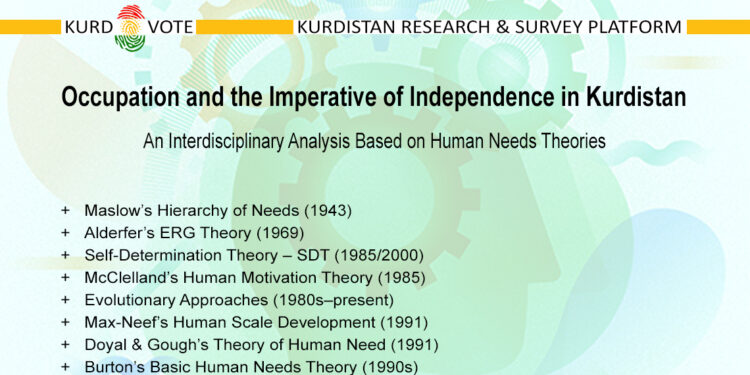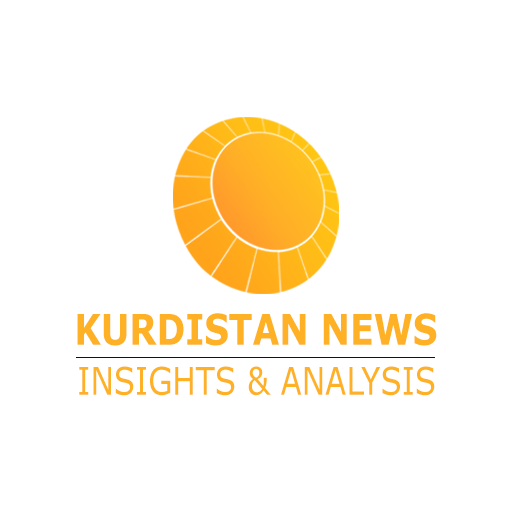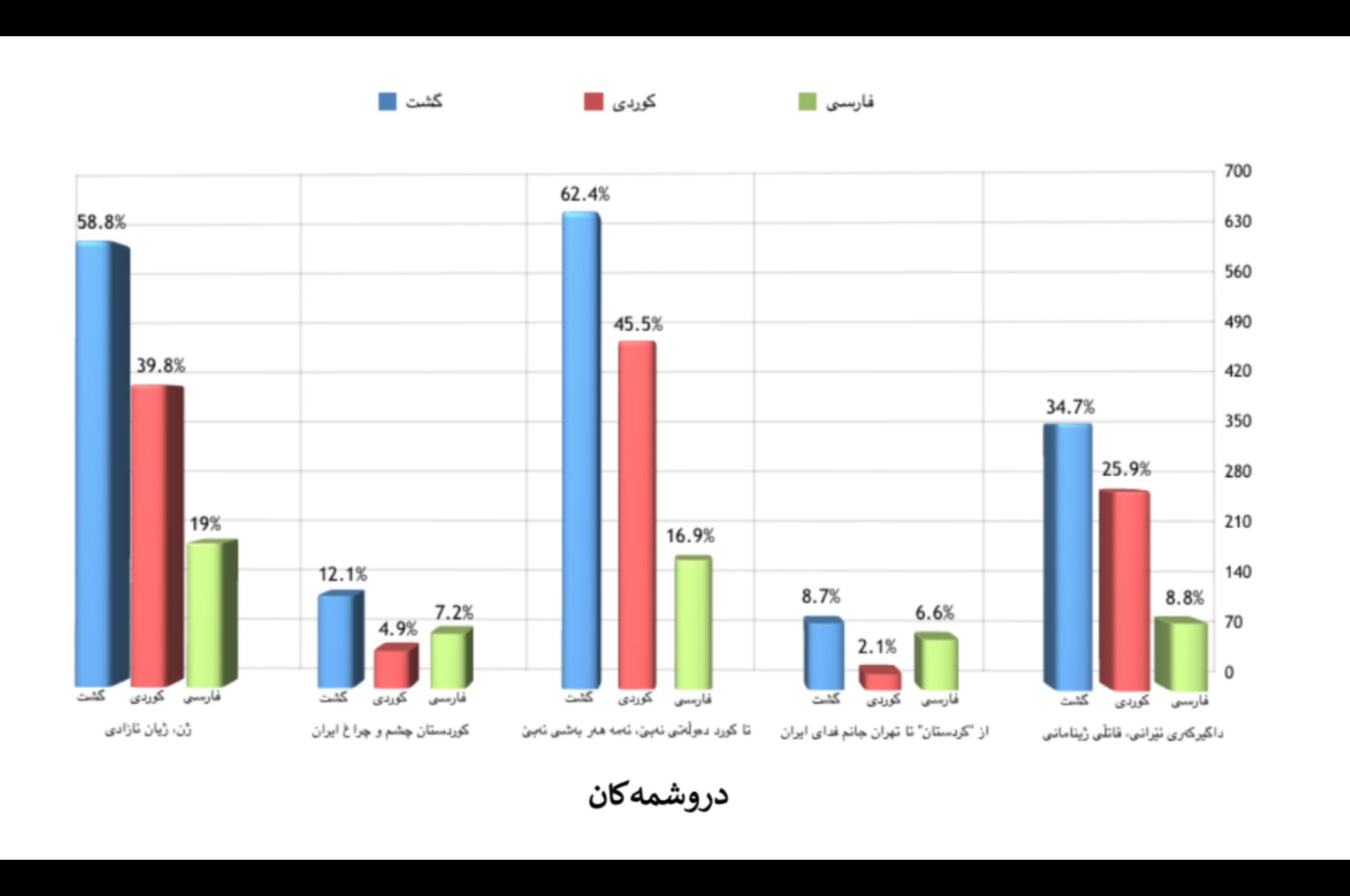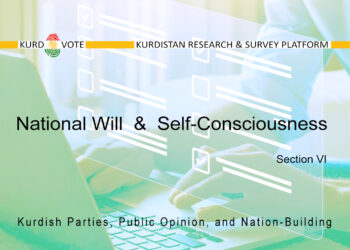Occupation and the Imperative of Independence in Kurdistan: An Interdisciplinary Analysis Based on Human Needs Theories
This forthcoming research investigates the relationship between occupation, human needs, and the imperative of independence in Kurdistan. For more than a century, the Kurdish people have lived under the domination of four states, a condition that has resulted in the structural deprivation of fundamental human needs at every level—from security and livelihood to freedom, dignity, and self-actualization.
At various historical junctures, occupying states and certain political elites, particularly when confronted with the threat of independence and the potential disintegration of territorial integrity, have advanced models such as autonomy or federalism as alternatives to independence. However, these dependent and externally controlled frameworks have proven incapable of preventing the reproduction of repression, dependency, and underdevelopment. From this perspective, independence is not merely a political option but a human, philosophical, and existential necessity—one that creates the conditions for justice, freedom, human dignity, and sustainable development.
Grounded in both classical and modern theories of human needs, this research develops an interdisciplinary framework through which the interconnections between individual psychology, social structures, political relations, and the philosophical foundations of independence can be explained. The significance of this study lies not only in addressing the fundamental question of the relationship between occupation and human needs, but also in redefining independence as the sole framework capable of comprehensively fulfilling those needs. Furthermore, the findings contribute to the broader theoretical debates on the right to self-determination and the position of stateless nations within the international system.














